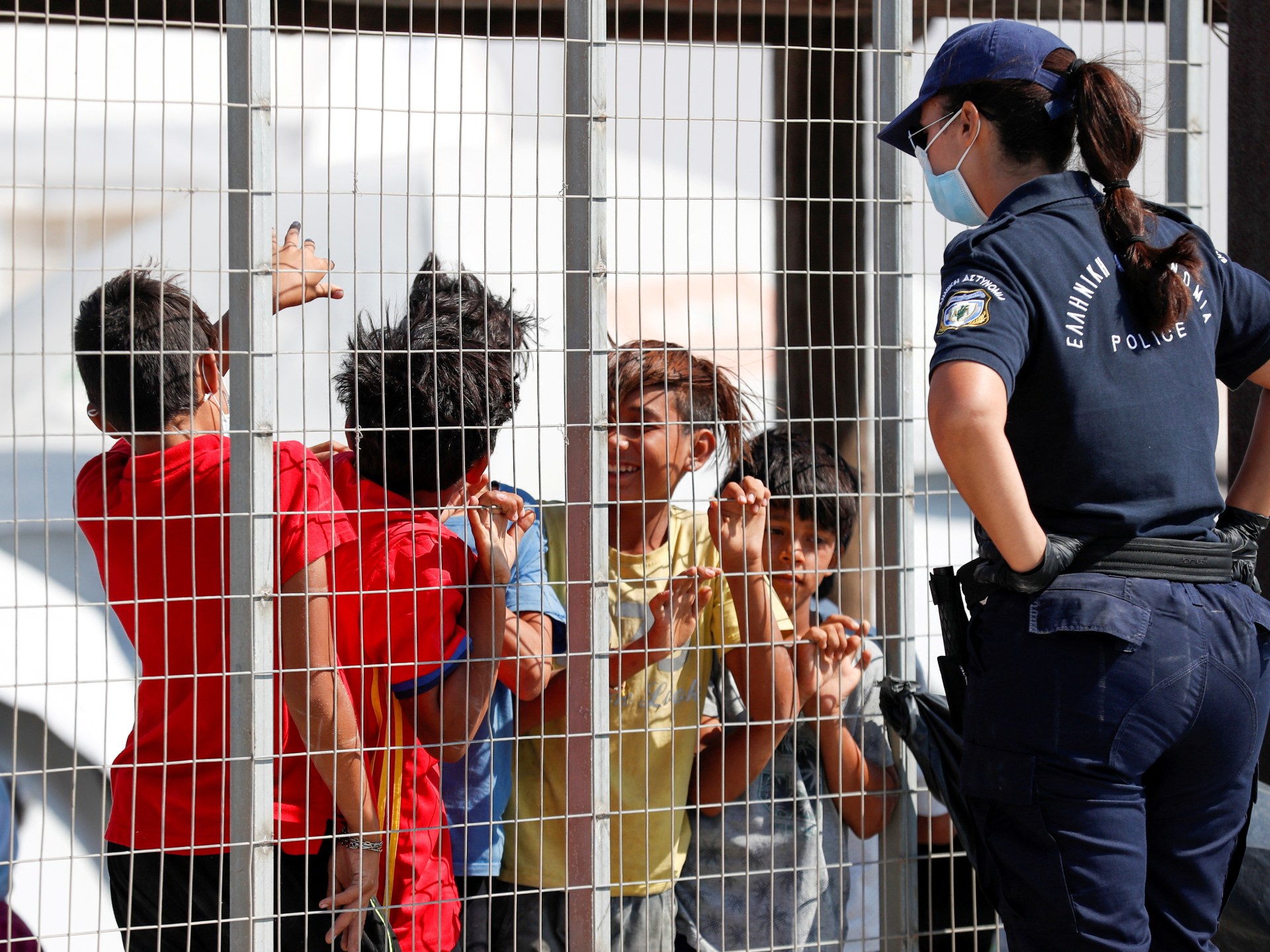Member states and the European Parliament will soon begin what is expected to be thorny negotiations on reforming the European Union's asylum system, after a hard-fought deal was reached on Thursday evening between their interior ministers in Luxembourg.
This is a presentation of the main points of this agreement, which will be the subject of talks aimed at adopting reform before the European elections scheduled for 2024.
Border Procedures
The agreement obliges member states to establish centres at the EU's external borders (at land borders and at airports in particular) for migrants with little chance of obtaining asylum, with the aim of not entering EU territory, and that their asylum applications are subject to rapid screening in order to facilitate their return to their country of origin or country of transit.
The procedure, i.e. file examination and referral, should last a maximum of 6 months.
For its part, the European Parliament considers that this measure is not mandatory.
Who is involved in the agreement?
The measures at external borders will apply to migrants from countries with a refugee recognition rate of less than 20% in the EU, for example citizens of Turkey, India, Tunisia, Serbia or Albania.
The majority of asylum seekers coming from, for example, from Syria, Afghanistan or Sudan are entitled to go through the normal procedures.
In 2022, some 966,<> asylum applications were filed in the EU.
A shelter for Ukrainian refugees in Berlin (Getty Images)
According to the agreement reached among member states, 30,120 places must be made available across the EU under the measure, eventually to accommodate up to <>,<> migrants a year.
Oxfam denounced the EU's desire to detain asylum seekers, especially children, in a prison-like way on Europe's borders.
But the European Commission stresses that the swift action is "more humane" to spare migrants from staying in situations of prolonged uncertainty.
What about children?
Unaccompanied minors will only be affected by the border measures in special cases.
On the other hand, Germany has not succeeded in imposing an exception for families with children, and this will be a talking point with parliament, and it suggests that families with children under the age of 12 follow normal procedures.
Controversial "safe" third countries
Italy, Greece and Austria wanted to return migrants whose asylum claim was deemed inadmissible to third countries they considered "safe", such as Tunisia or Albania, even if there were no special ties (family, work relationship, etc.) between the migrant and that country.
Germany and France opposed the idea, and the compromise reached would be up to each member state to assess whether simply crossing through a country was sufficient reason to return the migrant.
Member states have so far failed to agree on a common list of "safe" third countries.
A sign welcoming Ukrainian refugees at Berlin airport (Reuters)
Redistribution and financial compensation
The proposal, approved by the 27 states, enshrines mandatory and flexible solidarity among member states in caring for asylum seekers.
Each member state will be required to receive or make a financial contribution to a certain number of asylum-seekers arriving in an EU country under migration pressure (relative to its population and GDP per capita).
The agreement provides for at least 30,<> relocations a year for asylum seekers from countries under pressure to migrate to other EU countries.
The financial compensation offered is 20,<> euros for each asylum seeker who has not been transferred to a second European country.
These funds will be placed in a fund managed by UNHCR, which aims to finance projects related to migration management.
Who opposes reform?
Poland and Hungary, which refused to take quotas from asylum seekers during the 2015 crisis, voted against the deal on Thursday evening, with Hungarian nationalist Prime Minister Viktor Orban calling it "unacceptable".
For their part, the Green Party and the Left (radical left) bloc in the European Parliament accused member states of having "surrendered to the extreme right".

